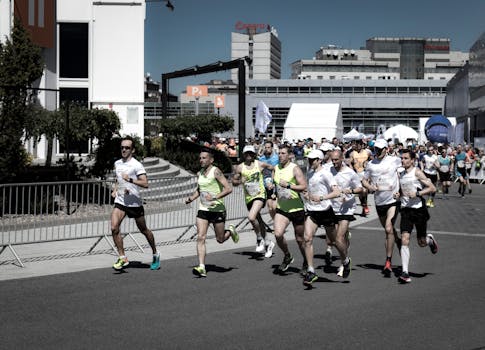
Introduction
Finding time to run can be challenging when life is packed with work, family, and social commitments. However, making running part of your routine is possible with a bit of creativity and planning. Here’s how you can fit running into your busy life.
1. Prioritize Your Health
Recognize that physical activity is essential for your well-being. Treat running as a non-negotiable appointment—something you owe to yourself.
2. Schedule Runs Like Meetings
- Block out time on your calendar for running.
- Set reminders to stay committed.
3. Embrace Shorter Workouts
- Even a 20-minute run counts.
- High-intensity interval training (HIIT) maximizes benefits in less time.
4. Run Early or Late
Consider waking up earlier or running after work. Fewer distractions mean you’re more likely to stick with your plan.
5. Multitask Creatively
- Run during kids’ sports practices.
- Commute by running part of the way to work or home.
6. Make it Social
Invite friends or coworkers to join. Turning running into a social event makes it more enjoyable and less likely to skip.
7. Prepare Ahead
- Laying out your gear the night before speeds up your start.
- Keep running shoes at work or in the car for spontaneous runs.
Conclusion
Being busy doesn’t mean giving up on running. With determination, flexibility, and a bit of planning, you can make room for running—and enjoy all the benefits it offers.
Comments
Post a Comment